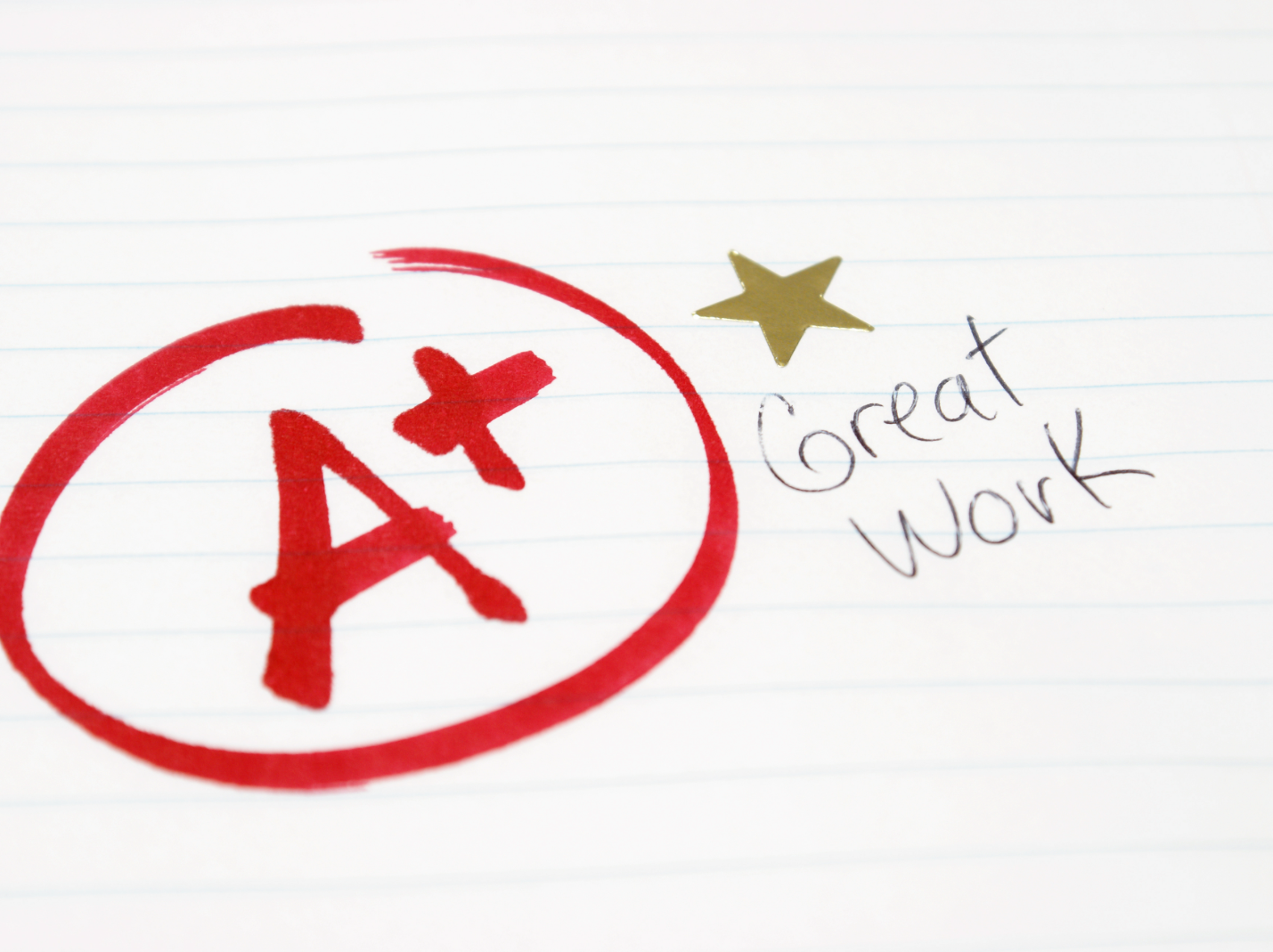
In Spring 2024, I took a required English course expecting to learn how to write clearly, build arguments, and think critically. Instead, I learned something else: the path to an A ran straight through ideological conformity.
The professor—whose name I’ll leave unmentioned out of respect—began every session with a mandatory moment of silence for what she described as “trans children committing suicide every day.” No opt-out was allowed, and no further explanation was given. We were expected to sit quietly and not question the premise. Though it wasn’t part of the official curriculum, it set the tone for everything that followed. Expressing disagreement wasn’t just discouraged—it was understood to be unacceptable, and often led to lower grades.
The writing assignments had little to do with building writing skills or engaging with classic works of English literature. Instead, we were told to write letters to elected officials demanding specific policy changes, always framed from a leftist perspective. One assignment required us to contact our senators to advocate for expanded protections for “undocumented immigrants”—not illegal migrants, mind you. There were no options for opposing viewpoints, and no effort to teach how to construct arguments that could stand on their own merit. We weren’t learning English—we were being trained to push a political message in a single direction.
Despite completing every assignment, attending office hours, and following her instructions, I consistently received B’s when I wrote essays expressing my own views—on topics like toxic masculinity or the southern border.
But when I submitted an essay advocating for open borders and the elimination of all immigration enforcement—views I don’t actually believe in—I received my first A in the course.
[RELATED: Strict Grading is Essential for Academic and Career Success]
That grade appears on my transcript today. It was not a reward for improved writing. It was a reward for political compliance.
The issues with this class were not limited to grading. On RateMyProfessor, dozens of students report similar experiences. Her classroom is described as politically biased, her grading inconsistent, and her behavior contradictory. Several students said she penalized them for leaving to use the restroom, even though she frequently arrived at class late herself. Others said she referred to students as “refugees” and openly expressed her support for “undocumented immigrants,” even stating she would help them in ways that ignored legal processes. One student even noted that she gave the class a mental health day after Donald Trump won the 2016 election.
The professor’s behavior raises ethical concerns and may conflict with university policies that emphasize academic freedom, coupled with the responsibility to ensure that classroom discussions remain relevant to the subject matter. TSU policies advise faculty to avoid introducing controversial material not pertinent to their area of specialization, aiming to foster an “inclusive” and focused educational environment.
I came to college to strengthen my writing—not to be coerced into parroting leftist ideology. I was ready to engage with opposing views and defend my ideas in good faith. But in this class, there was no room for debate, no space for critical inquiry—only one acceptable narrative.
And this isn’t an isolated case. More and more students are realizing that academic success now hinges on ideological submission. Challenge the dominant view, and your grade suffers. Stay quiet, and you might scrape by. Conform, and you’re rewarded.
Students deserve better. We don’t enroll to regurgitate political slogans; we enroll to gain real skills. If the only way to earn an A is to abandon your beliefs and submit to someone else’s politics, then what exactly are we learning?
Image by Matthew Benoit on Adobe Stock; Asset ID#: 24748675
Let me first say that I was fortunate in college not to experience the abuse of ethos in the classroom like you did. Were there times I was aware of my professor’s possible political views? Yes. However, this awareness came from visits to their offices where articles may have been sitting on a chair, or a quote was posted on the door that revealed something of the occupant’s leanings. I was never told to write about or argue any view other than my own, and the only requirement was to write well. I have taken this into my own classroom, where my curriculum is designed to specifically focus on the quality of clarity, argument, and mastering rhetorical strategies. For those who do not follow course objectives in a college class? Shame on you. Our job is to teach the skills of thinking all across the curriculum, not indoctrinate, recruit, or otherwise require students to conform to personal agendas. That is not what a professor is paid to do.
Sadly, this is not uncommon. It’s why I don’t support Academic Freedom.